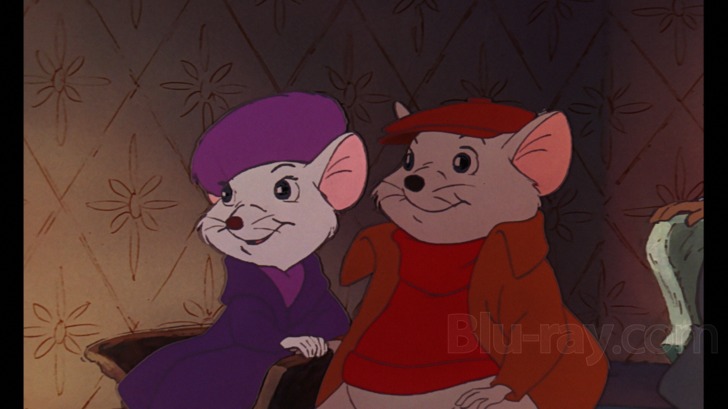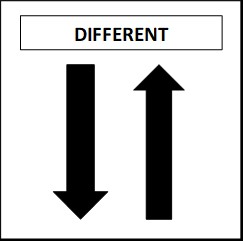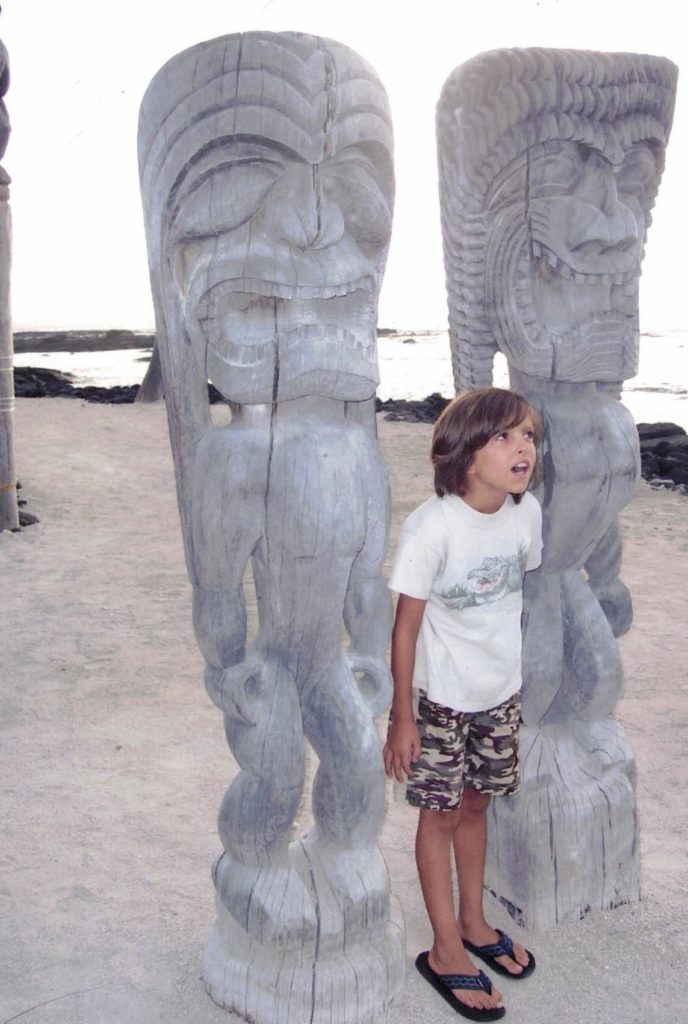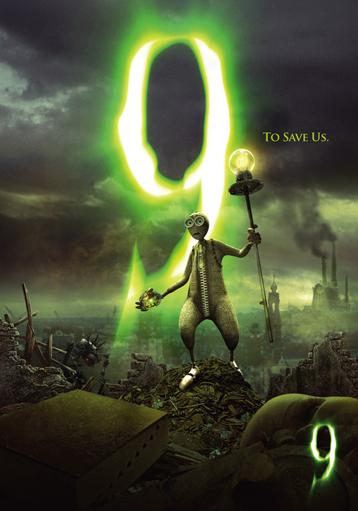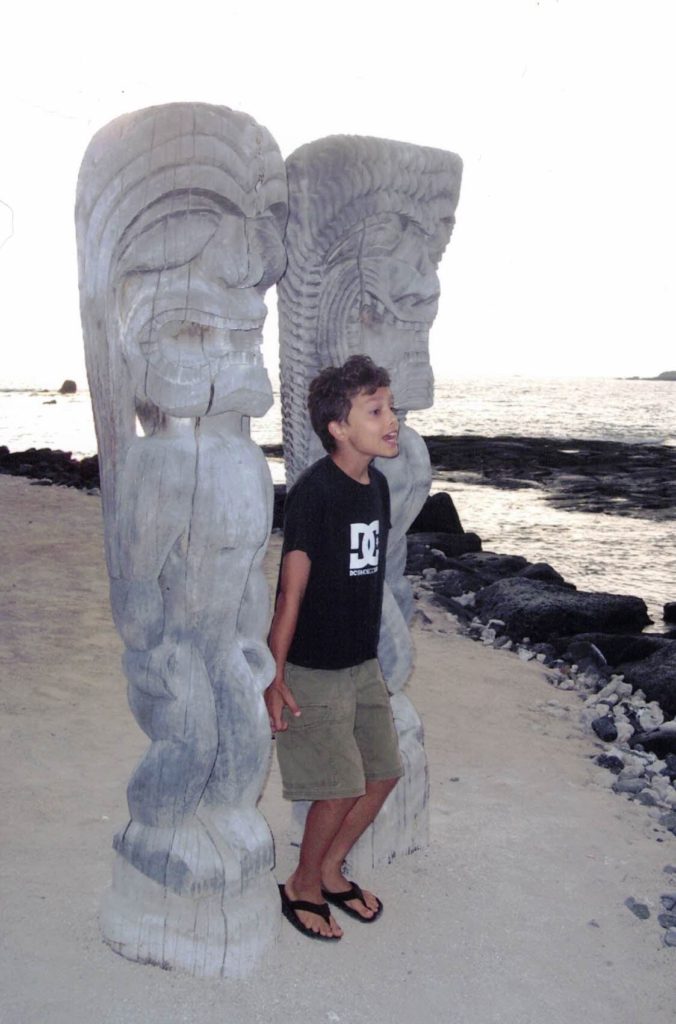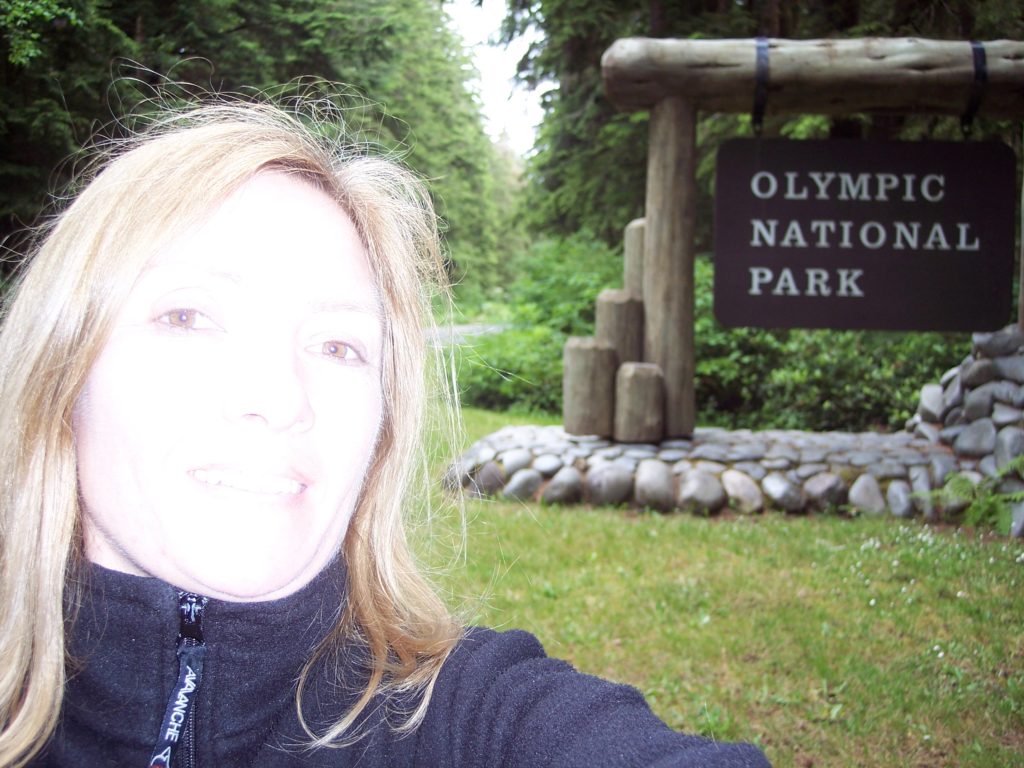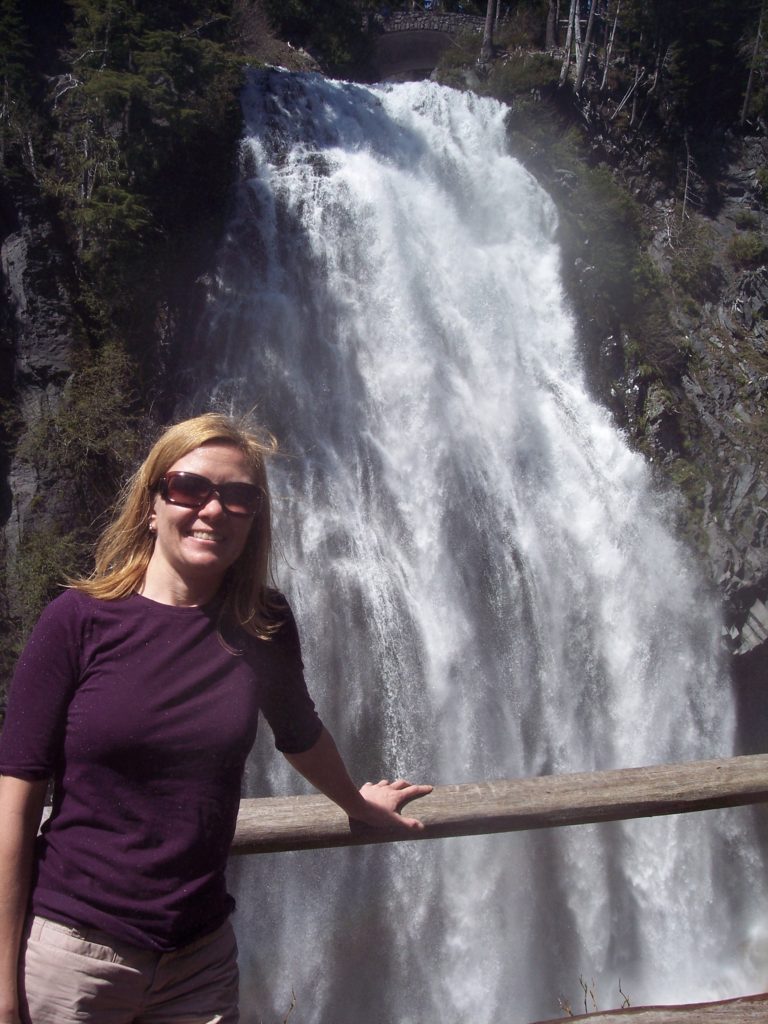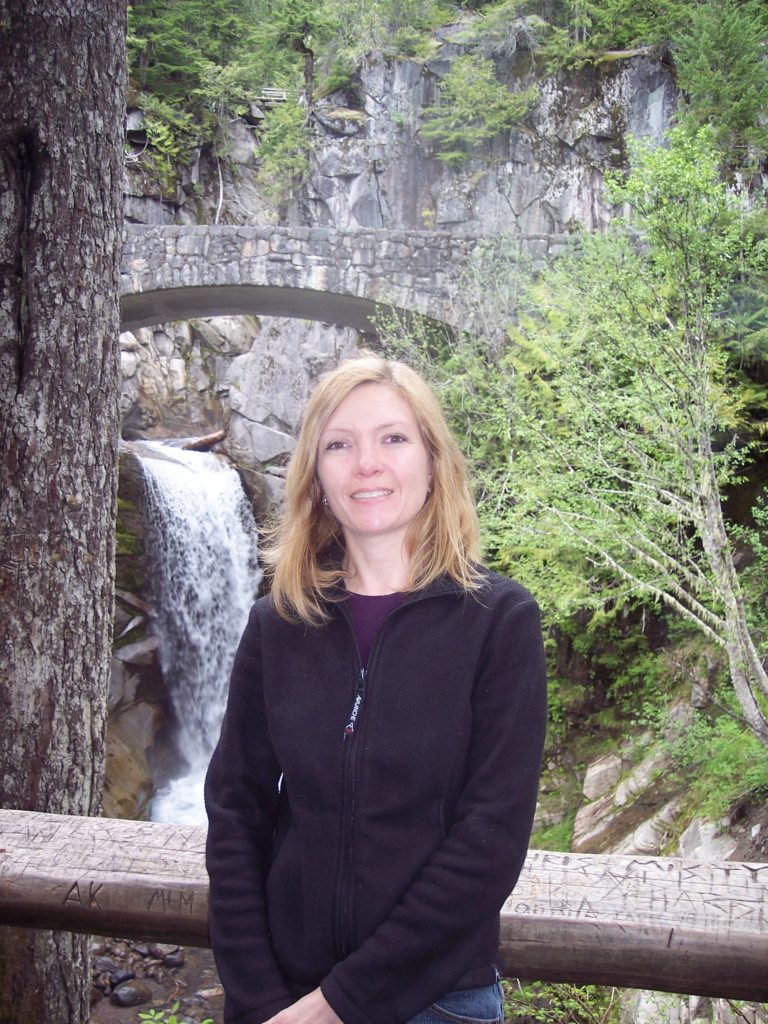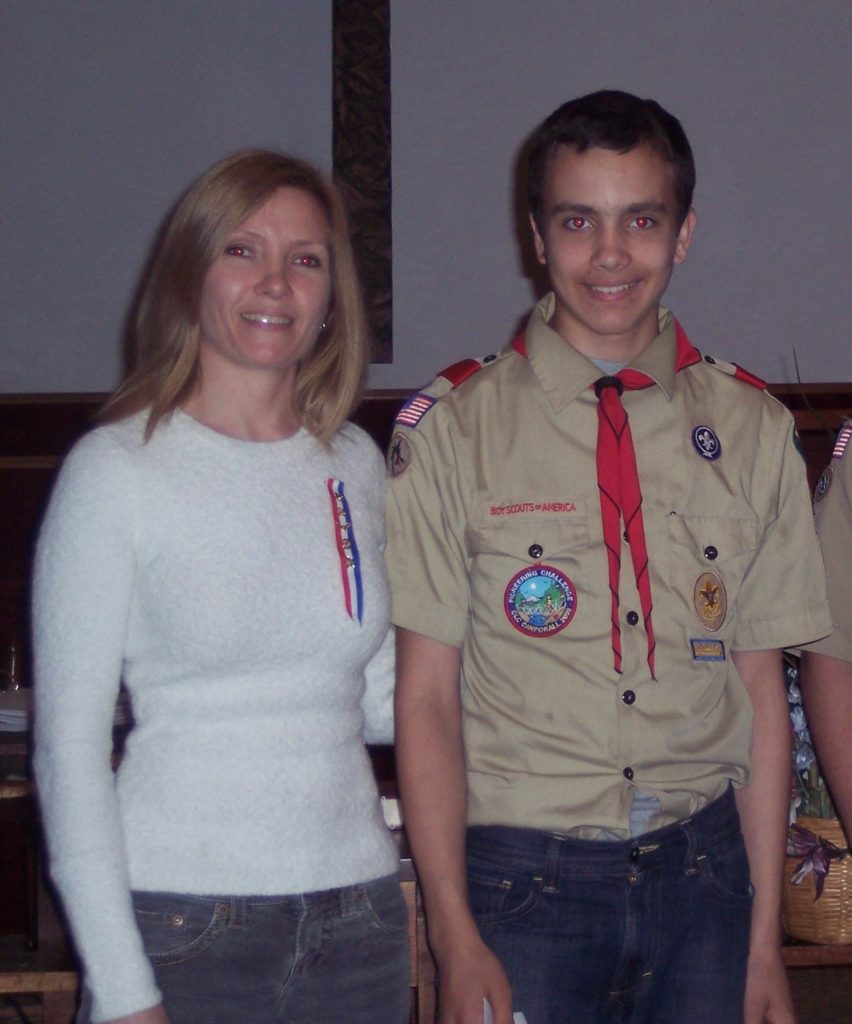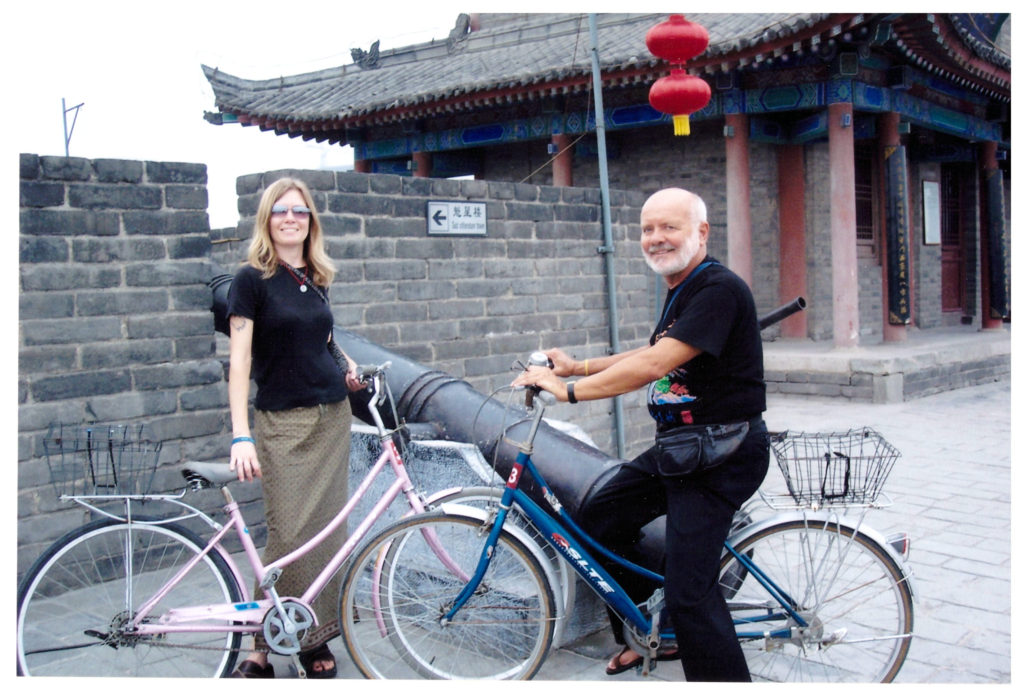Sometimes I think that the last sixteen years of my life have all been one big Plan B. One long divergent path. Sixteen years ago I graduated from college and quickly found myself with two children long before Plan A had stipulated. Having two children with special needs was not in Plan A. Autism (although it starts with A!) was not in Plan A. Divorce – no. Single parenting? No way in hell was that part of Plan A.
And so I learned that I didn’t just need to have a Plan B, I was constantly living it. We all do to some extent – life takes different twists and turns, and we all must adapt to change, some of it completely unexpected. Plan B has to happen whether you planned for it or not, whether it was an actual plan or a split-second decision. You go into the grocery store, race around throwing a few things into your cart, hoping that your distressed autistic child can hold it together for just a few more minutes, and then someone turns on an electric coffee grinder and it all goes to hell. Your child shrieks and tries to bolt, and it’s time for Plan B. You leave the blasted cart in the blasted store and carry your hysterical child out to the blasted car, dragging your other reluctant child by the arm because you can’t leave him in the store because he’s a toddler for God’s sake and you’re a blasted single parent. Everybody’s either shrieking or crying or kicking you or pulling on you or staring or shaking their heads at you. And you still didn’t get the few groceries you needed. Plan B sucks. Sometimes, even, it’s the loss of a job, a home, or a loved one – and then Plan B takes on a whole different persona, a whole different significance. It’s no longer just a new plan. It’s a safety net. Those, of course, are the most life-altering Plan Bs of all.
But I’ve also learned that Plan B, whether big or small, doesn’t always have to suck. Sometimes Plan B can even offer some comfort in disguise. And even though it’s not what you wanted or hoped for, you can make it work. It’s not Plan A, but in most cases, you can live with it, sometimes because you have no other choice. Slowly you get used to it. And you might even warm up to some aspects of it.
My latest Plan B, in a long string of Plan Bs (sixteen years’ worth), involved what to do after I’d moved my two teenage boys seven hundred miles away to live with their father in Los Angeles while I stayed in Oregon to sell the house. First, Nigel’s IEP wasn’t amended so that he could go to a special school for students with autism. So we came up with the Plan B of their father moving to a better school district in the L.A. area, one that had a good special education department. Meanwhile, I felt so confident with the timing of this major change in our lives that I was certain my house would sell before August. Surely one of those two things would work out. But neither one did.
So technically, we’ve moved onto Plan C at this point, or perhaps Plan Q by now. The boys are coming back to Oregon and will attend the same schools that they did last year. I have taken my house off the market. I’ll have to work extra hard to get Neil’s team to meet his academic needs, which is the whole reason why I wanted him to go to the special school in the first place. But here’s the wait-a-minute moment, the half-the-battle factor – Neil loves his school here in Oregon. He has friends here, he’s comfortable here, he’s safe, and he’s happy. Why would I want to mess with that?! Well, there are two reasons why – one, his father’s not here. Two, the school hasn’t yet figured out how to teach him to work independently. And those are pretty significant reasons.
In spite of that, every day I’m feeling better about this particular Plan B. The boys will be back at familiar schools in which they are comfortable. And I don’t have to find a new job (even the thought of that was a huge stress for me – those of you going through it, you have my deepest empathy). Those are pretty significant reasons too. And so, although Plan B isn’t what I’d hoped for (is it ever?), I can live with it. It might turn out just fine after all.

This and the photo at the top are of our much-loved and oft-climbed tree, which split in half a few years ago during a storm. The stronger half is still standing in our front yard, and the firewood from the weaker half lasted a long time.


